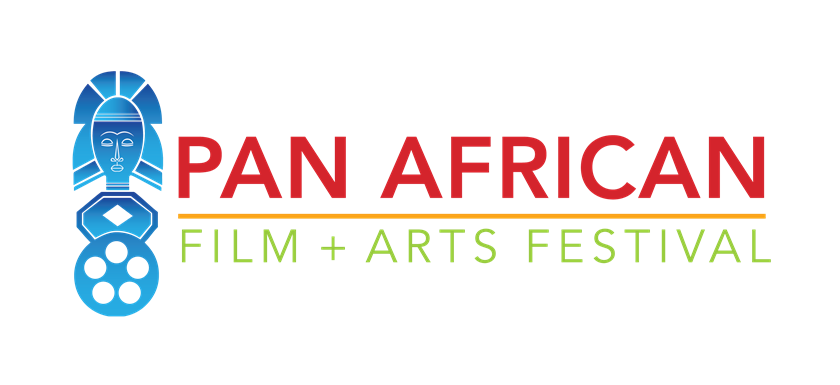
I am Ayuko Babu, Executive Director of the Pan African Film Festival. Brother Bill Russell had a profound impact on my life. When I played center on my high school team in Cheyenne, Wyoming, we won the Wyoming State Championship and I won a full scholarship to the University of Wyoming and Otero Junior College in La Junta, Colorado (where the new Laker head coach Darvin Ham played before he moved on to Texas Tech and pro ball.) I moved on to play at LA City College and joined the civil rights/Black Power Movement. I had patterned my whole basketball game after Brother Bill, especially in defense. At that time, Cheyenne had no television station, so I religiously listened to the broadcasts of all Bill's games when they aired on the radio in Cheyenne. When able, I watched Bill and the other bad brothers on the Boston Celtics on television by antenna from Denver, Colorado. He had a major impact on me. The way he looked and carried himself was noble. With his goatee and mustache and his 6’10” muscular frame, he looked like an African chief.
When I came out to Los Angeles in July 1962, I went to see Bill and the Boston Celtics play the Lakers at the old Sports Arena, which was new at the time. A friend of mine, Gene Wiley, was playing center for the Lakers. Brother Gene was from Amarillo, Texas, where I was born and lived until my family moved to Cheyenne. Gene got me tickets to see that game. Needless to say, it was an incredible game. I learned many invaluable basketball lessons that night watching Bill and Gene battle.
Even at that time, I knew Bill was very much into Pan Africanism; not only basketball. He had bought a rubber plantation in the Republic of Liberia (West Africa). After the game, I was hoping to talk to Bill for a few minutes. So my brother Jaheed and I waited outside the locker room for him to come out. When he finally came through the door and into the hallway, I spoke to him and he smiled. I asked him about his rubber plantation in Liberia. He was happy to know that I knew about it. He stood there and talked to me and my brother for about an hour about the plantation and its operation. He proudly told us he had 200 workers and when he realized that his workers needed a school to increase their education and level of development, he built a school for them. It was my first experience speaking with someone who actually had a successful project and a program on the Continent. I was spellbound. During our encounter, Bill never spoke about the game we had just seen or basketball in general. His entire enthusiastic conversation was about the plantation and the incredible possibilities that these kinds of projects could open up for Black folks.
Needless to say, he fueled my determination and drive to be a part of the Pan African experience. He became the role model that led me to facilitate Brother Stevie Wonder’s first trip to Africa to perform at the 2nd World Black and African Festival of Arts and Culture in Lagos, Nigeria in 1977. The Grammy organization flew to Nigeria to broadcast Stevie's performance and to present his Grammys in Lagos. The performance, directed and produced by Stan Lathan, was broadcast to a worldwide TV audience of 90 million people. Stevie performed his famous song Sir Duke with his band and Duke Ellington’s band and the George Faison dancers. It was Bill's influence and that early conversation after the Laker/Celtic game that spurred me on to bring the world-famous dance company Les Ballets Africains from the Republic of Guinea to perform at the 1984 Olympics in Los Angeles. Bill's impact was so inspirational to me that I, along with actress, singer and composer Ja’Net DuBois and actor Danny Glover, was able to create The Pan African Film Festival, which celebrates its 30th anniversary in 2022. This is the kind of impact that Pan Africanist Bill Russell had on my life and will continue to have on my life.
